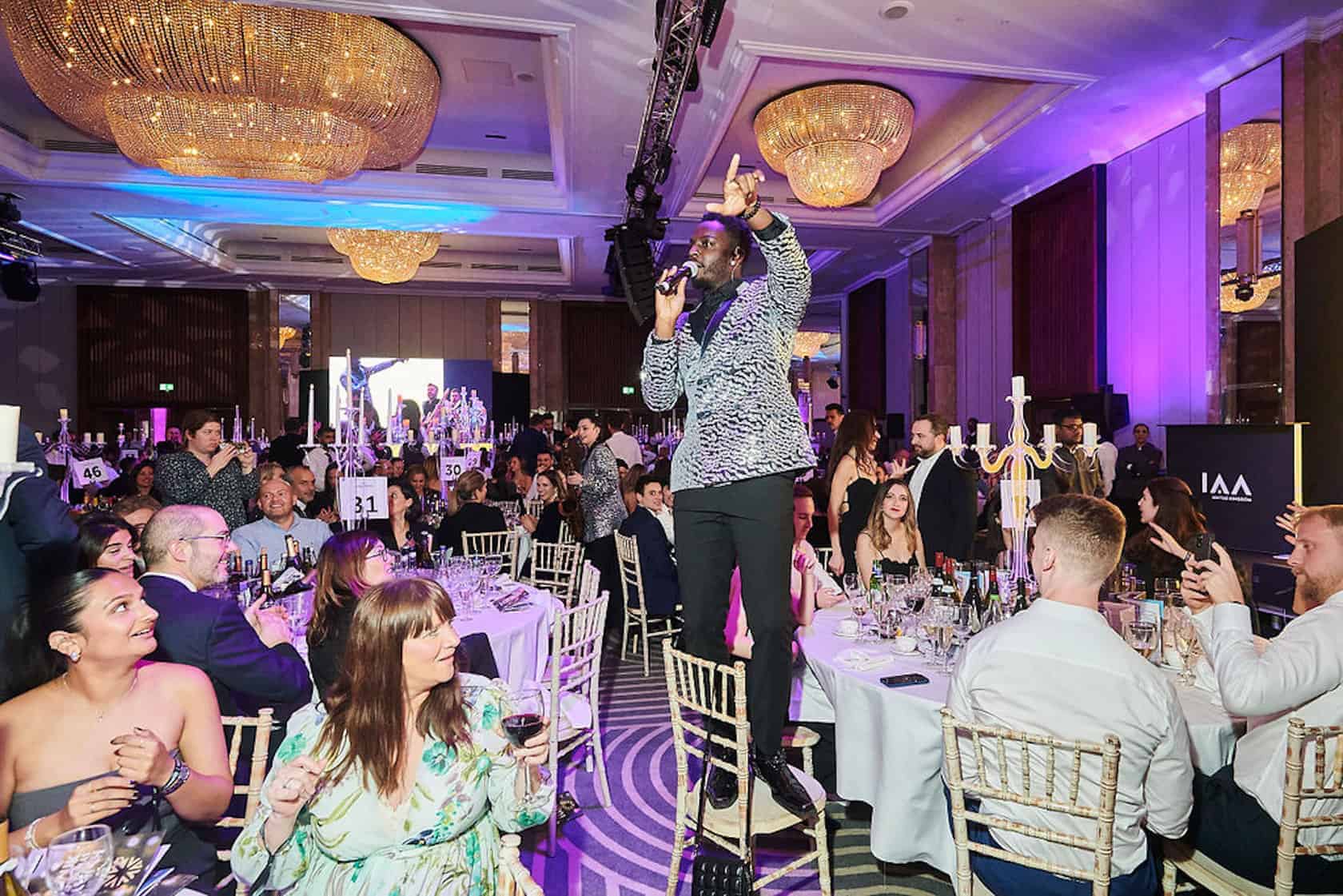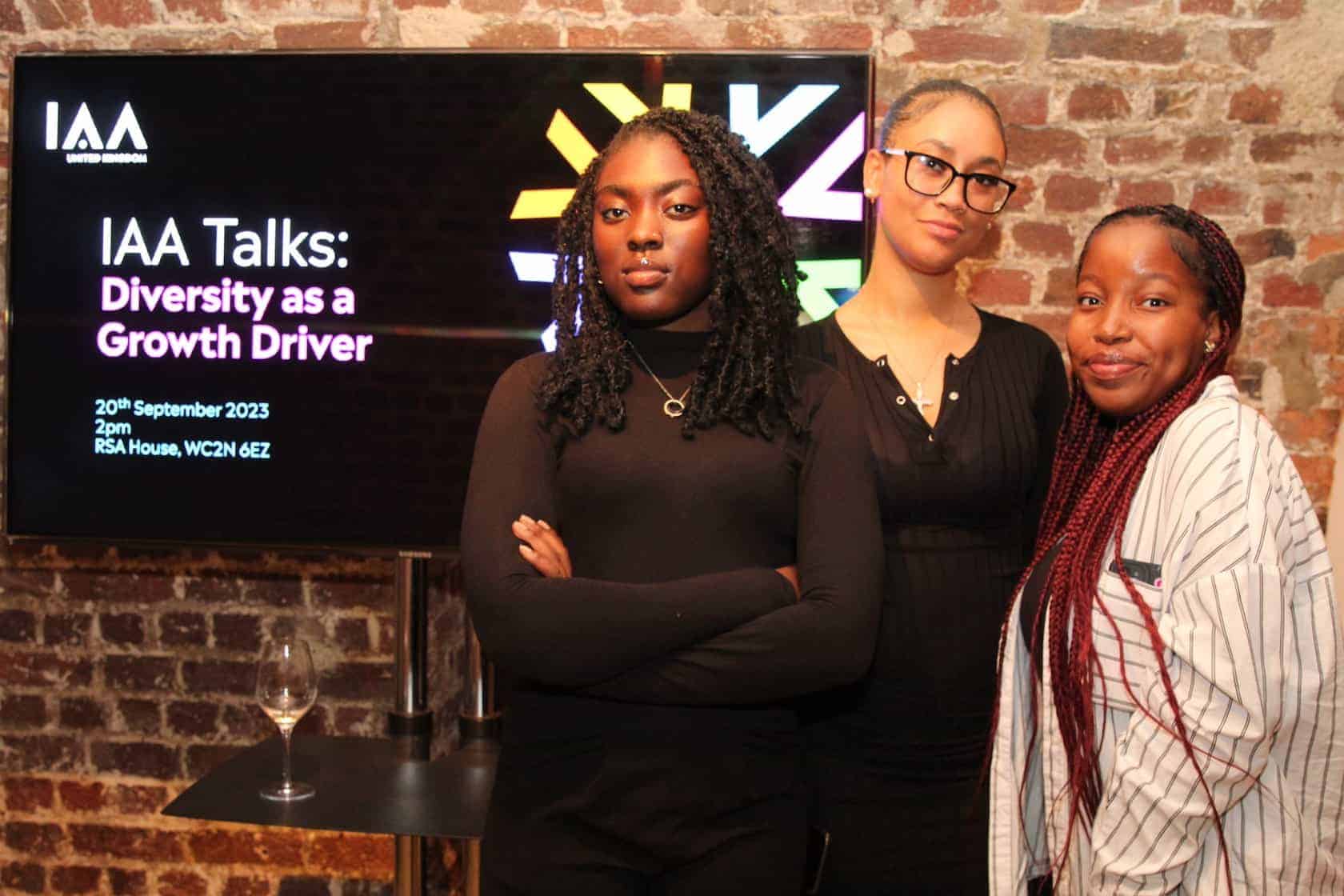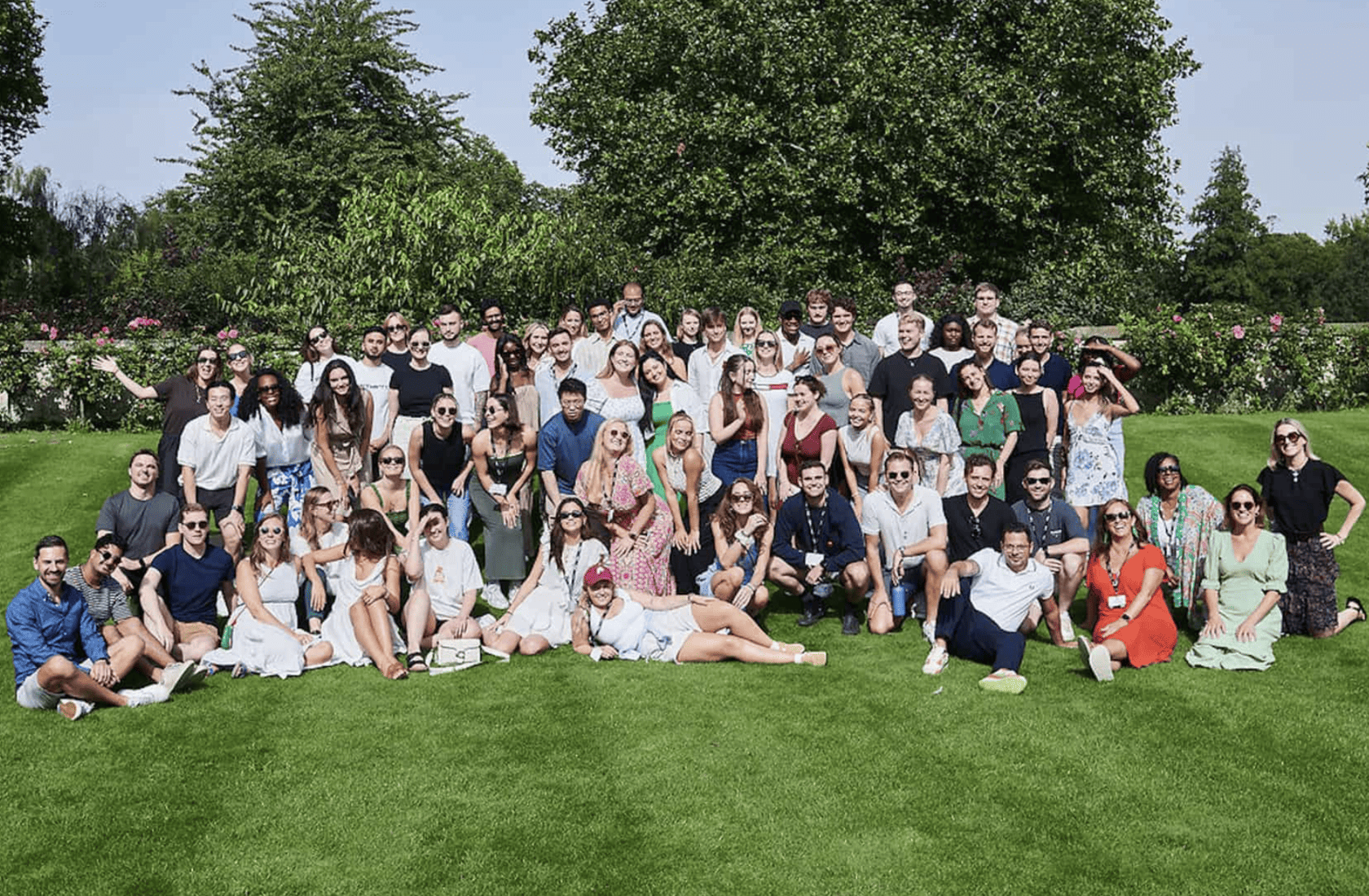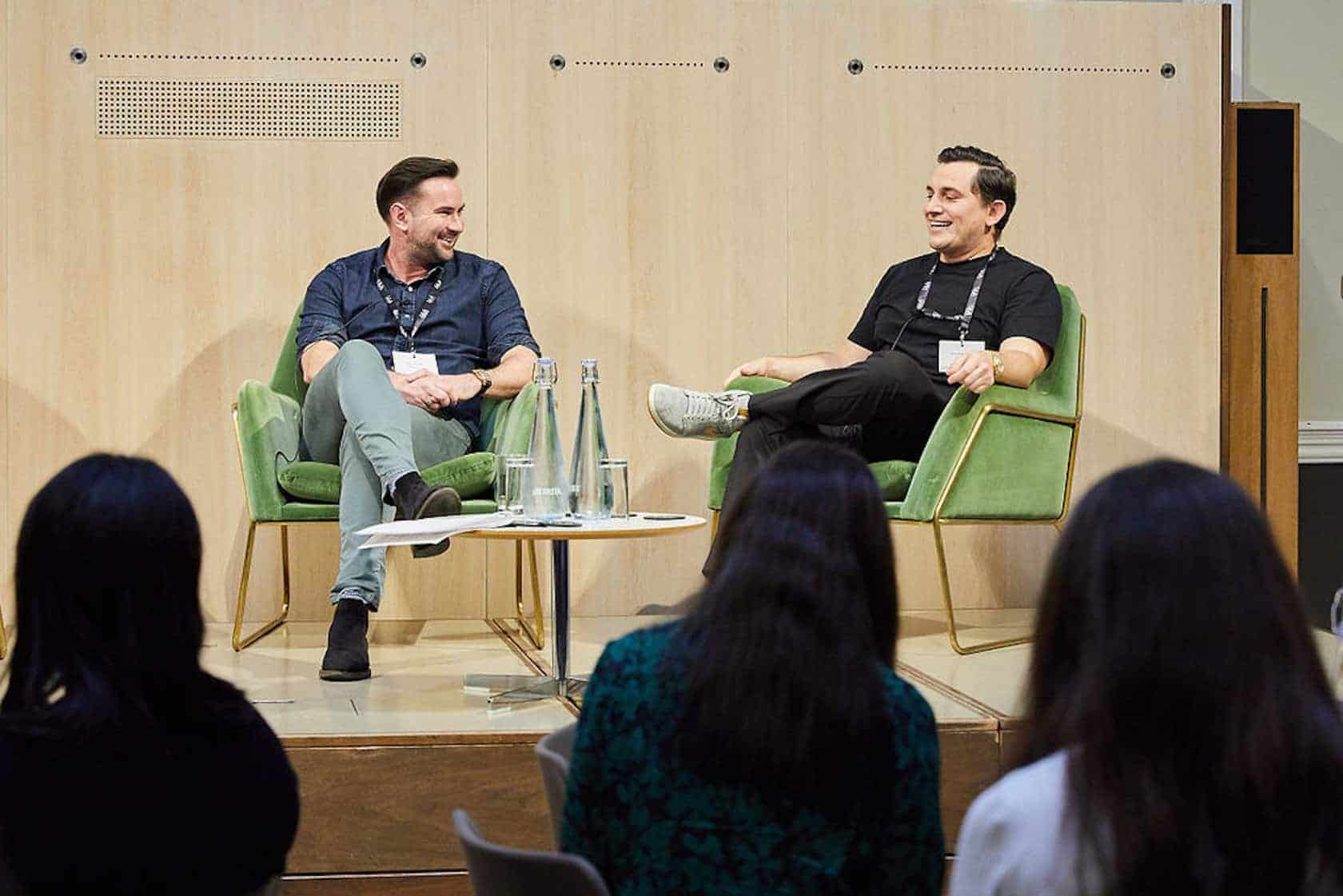Esports WebInAAr
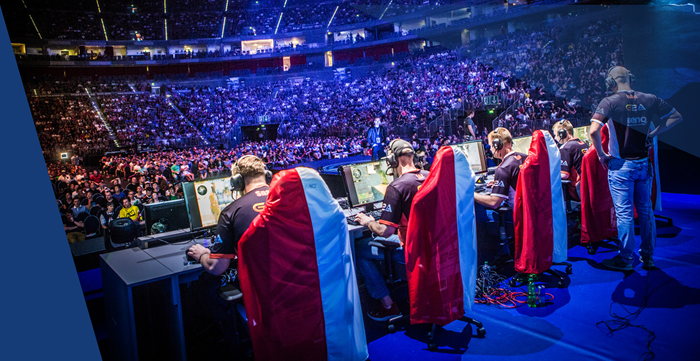
Date/Time:
Date(s) - April 9, 2020
12:00 am
eSports Taking Pole Position
The world of traditional sports, often a welcome distraction during times of economic turmoil or political unrest, has been hit just as hard as other industries.
The esports market is already immense, with global revenues expected to reach $1.1 billion this year, largely due to sponsorships. But with the Covid-19 pandemic encouraging even larger and more diverse audiences to engage with esports, there are new opportunities for brands to get involved.
To explore these opportunities, the second session of IAA UK’s webinar series, Advertising Through Turbulence, took a closer look at the esports audience, the impact of Covid-19 and the things brands should know when getting into esports.
Fredrik Borestrom, President IAA UK hosted a discussion with Nathan Lindberg, RVP Sponsorships at live streaming platform Twitch, Robbie Douek, CEO at global esports network Blast, Claire Blackwood, International Account Director at esports advertising agency Hurrah and Marco Harfmann, Director Transformation & Marketing Communications at A1 Telekom Austria AG.
Access to the esports audience
Described as “the world’s biggest niche,” the esports audience is an enormous, passionate community, largely in the 18-34 age group. Esports allows brands to connect with a new generation that isn’t necessarily consuming traditional media, through sponsorship and association with teams, leagues and events.
Esports is currently shifting towards a more mainstream audience, as illustrated by the news ESPN will stream the 2020 League of Legends Championship Series Spring Split Playoffs. It has global reach, although the status of games varies across regions, with Counter-Strike popular in Europe and America, for instance, and Delta 2 prevalent in China and Russia.
There is some overlap with sports audiences but not necessarily through sport simulation games. Viewers following major sports leagues such as the Bundesliga often follow similarly high-level esports competitions such as the League of Legends Championship Series. Sports simulation games don’t generally attract a large viewership as it makes more sense to watch the real thing, whereas there is no real-life equivalent to fantasy games such as League of Legends.
Some question whether esports is a real sport, but the answer is largely irrelevant. While professional esports athletes are required to be mentally and physically fit, with a focus on healthy, responsible gaming, the industry is not trying to compete with traditional sports. It provides a new form of entertainment for a new generation and allows players to develop skills such as communication, teamwork and taking responsibility to achieve objectives. It fosters inclusivity and diversity, ultimately making the world a smaller place.
Impact of Covid-19
During the Covid-19 shutdown, esports is uniquely placed to continue, as players don’t need to be in the same physical space, esports is appealing. While live events are a big part of the industry, it is possible to pivot and move these completely online with relatively minimal disruption to broadcasters and sponsors, which is not possible with traditional sports.
Covid-19 is accelerating the shift of esports into the mainstream. First, sports fans who want something competitive to watch are turning to esports while other contests are on hold. Second, esports teams are running community fundraisers, which is increasing awareness. Third, professional athletes and entertainers who want to keep busy are getting involved in esports, introducing their own fans to the industry. And finally, older age groups are at home with their children and are taking an interest in their esports hobby.
The shutdown provides an opportunity for people to see the depth of esports and to experience the excitement and enthusiasm. For brands that previously saw esports as a nice-to-have, it is quickly becoming a vital and adaptable part of their media mix. A rapid shift in dynamics is taking place around the media value chain and it will be exciting to see what happens next.
Getting into esports as a brand
Brands can get involved in esports at any level, from small-scale influencer activations all the way up to becoming team sponsors or tournament partners. In the future there are likely to be even broader opportunities around original programming and content marketing. Success in esports doesn’t depend on budget, it depends on authenticity and consistency.
There is a misconception that the esports audience is anti-advertising, but esports fans are some of the best ambassadors a brand can have. They are passionate about the space, and with that comes a natural protectiveness; they want to be proven to. Brands need to engage in strategy and research to find an entry point that is authentic for them, fits with their brand, and brings value to the esports community. They can then build relationships from there, maintaining authenticity over a sustained period of time in the space.
An example of a successful esports brand is Lion Cereals with its Wildest Fans campaign. The brand is bold and loud, just like esports fans, so in 2017 it created a League of Legends fan club in France and sent 100 members to the European Championship finals in Hamburg. Since then the brand has gradually increased its presence, always building on its commitment to fans as the heart of esports. Just putting a brand logo somewhere isn’t enough to succeed in esports, brands really have to engage themselves creatively with the community. But there is plenty of guidance available to help them do just that and the rewards are immense for brands that get it right.

